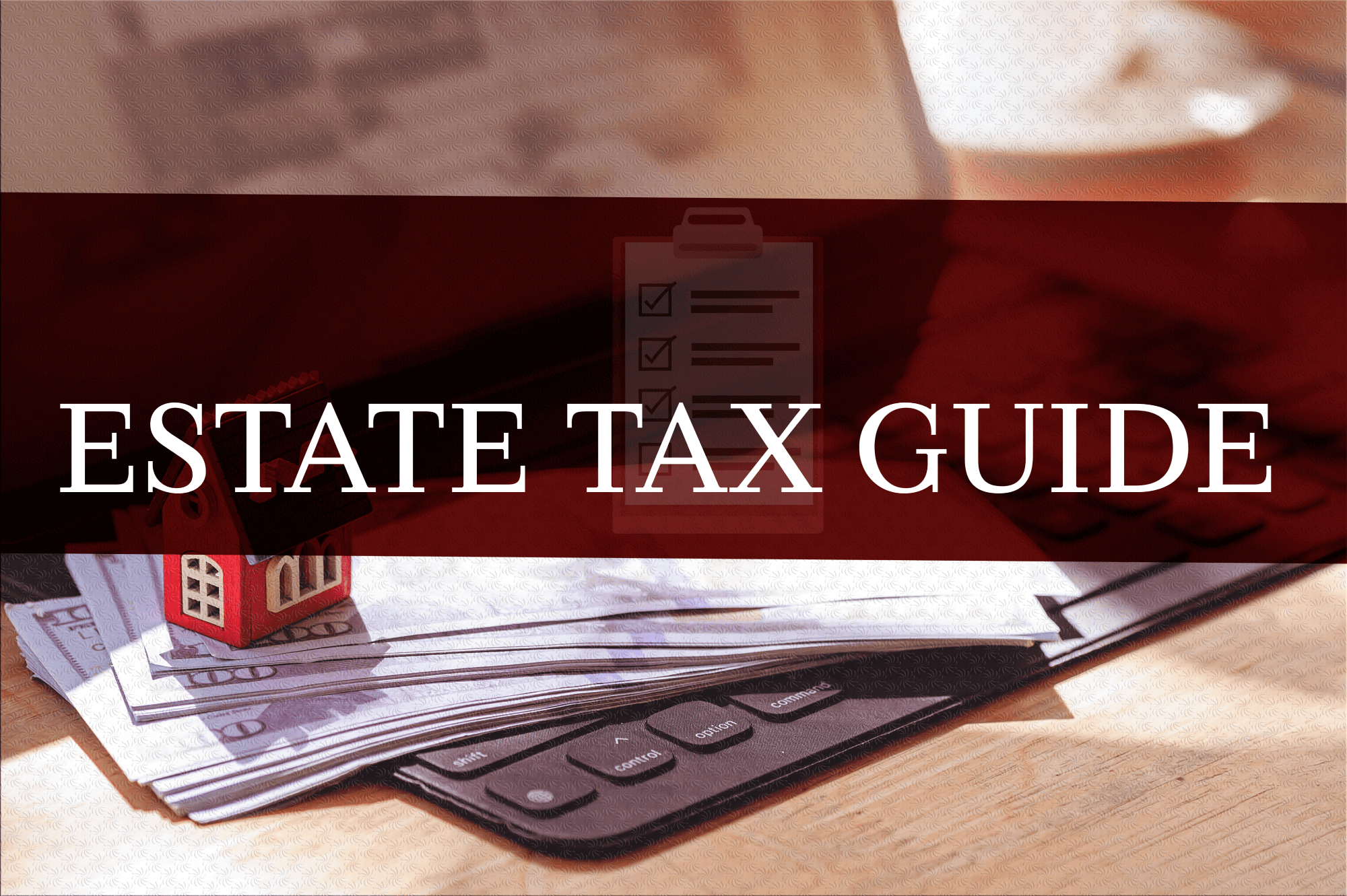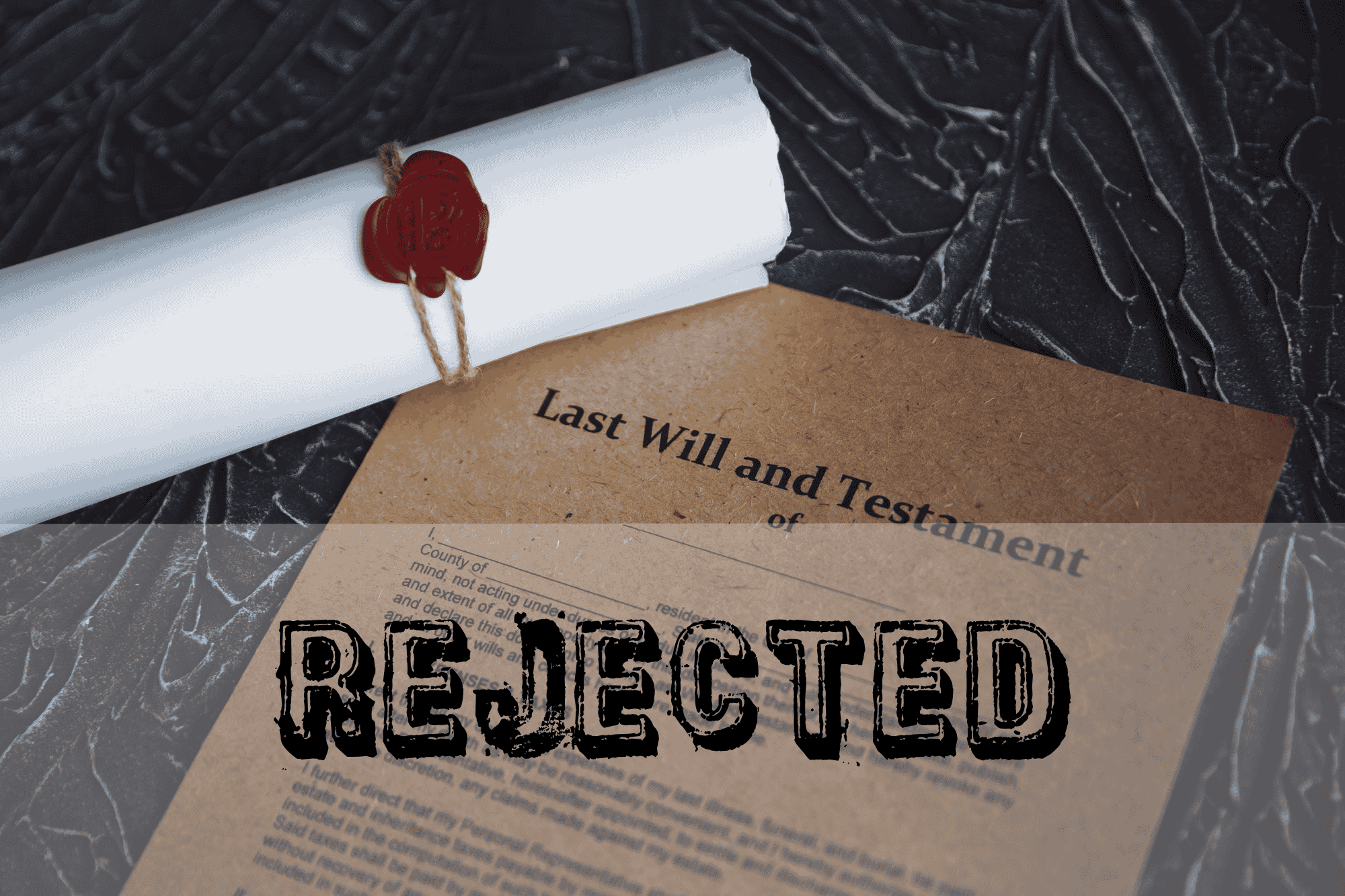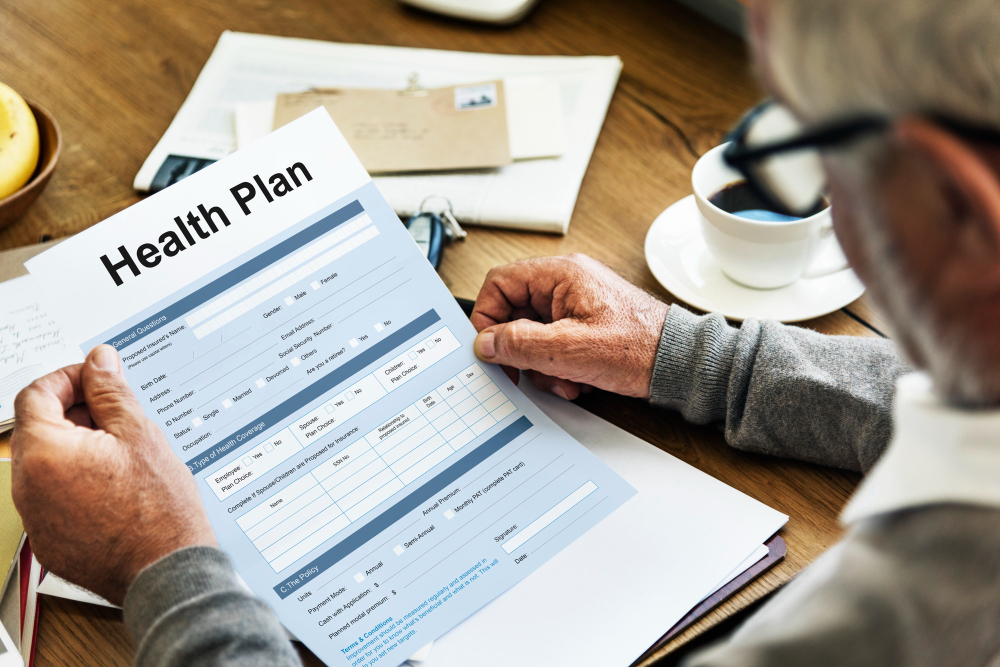Does a trust avoid probate? And what’s so bad about probate that you have to avoid it? If you’re creating an estate plan for your assets in New York, chances are that your estate planning lawyer is encouraging you to get a trust so you can skip the probate process. What about probate makes it…
Continue reading ›Matters Most











